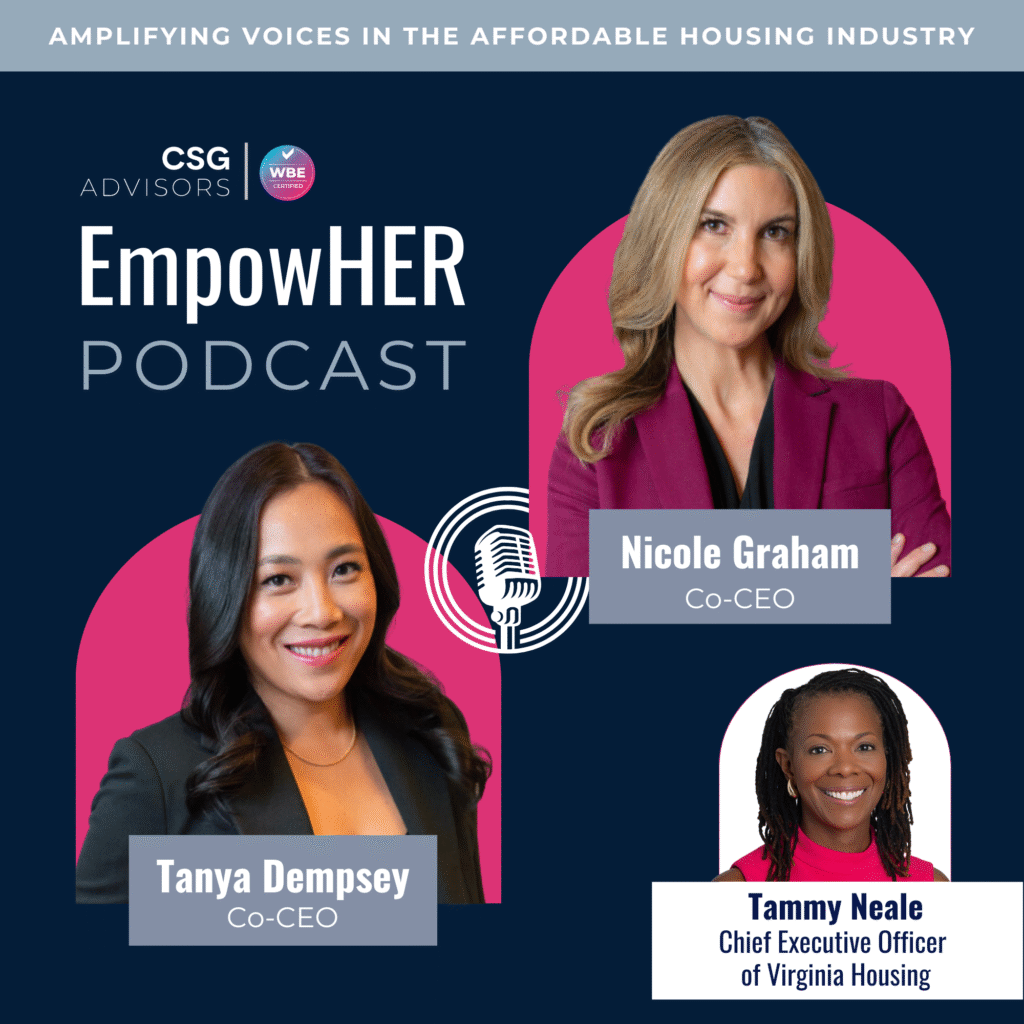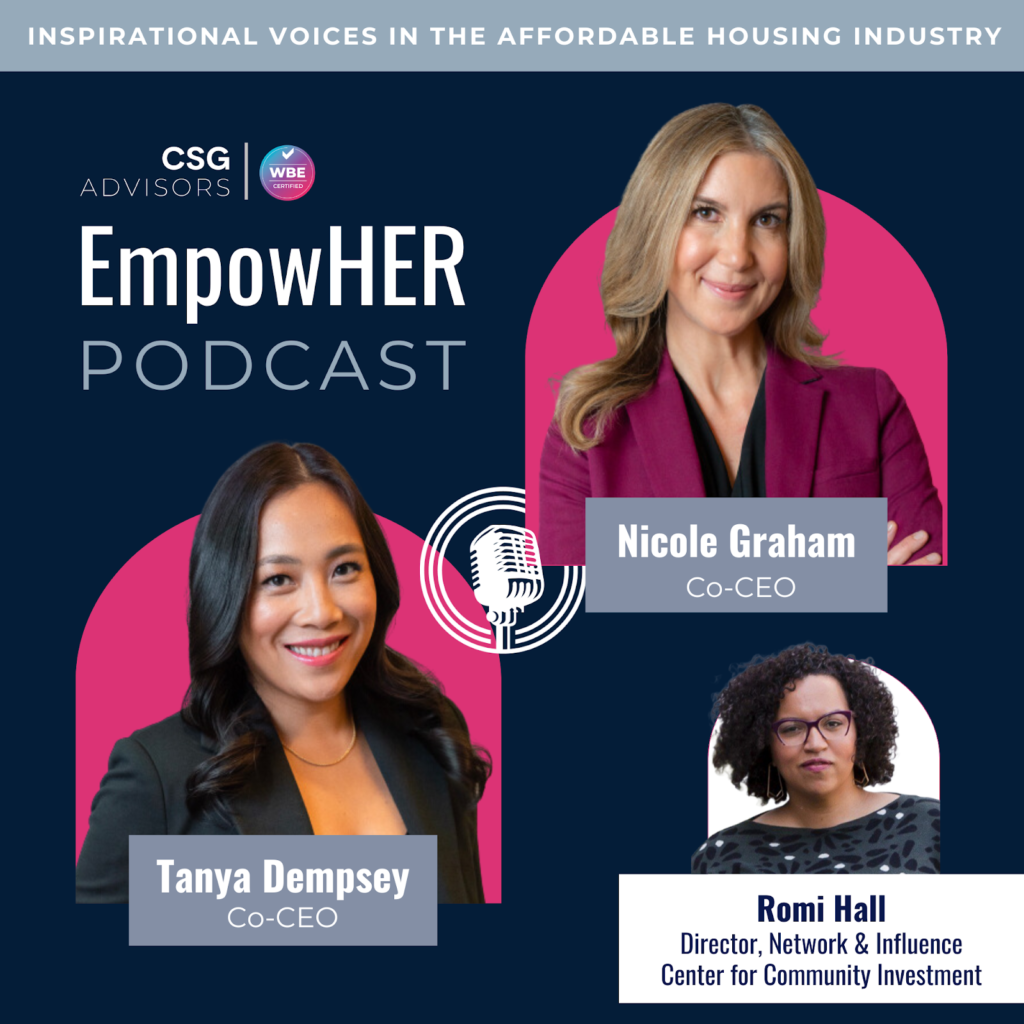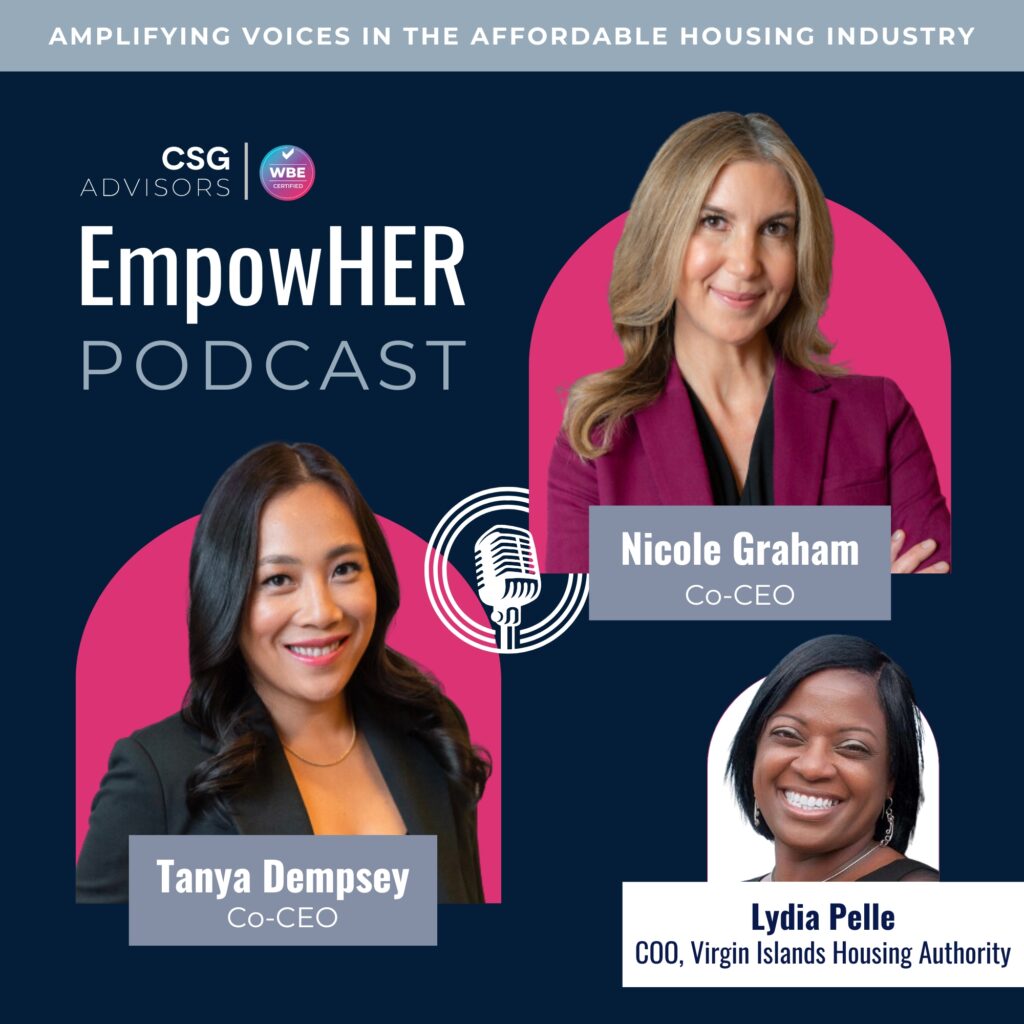
Finance Affordable Housing by Going Green
The green affordable housing movement began as a way to tackle economic inequality, protect the environment, and improve people’s health. Today, this approach is creating new funding opportunities for developers, community lenders, and individual homeowners. By using green building practices and employing energy efficient upgrades and retrofits, these groups can qualify for government-funded financing. These incentives make building cost-effective, high-quality housing easier while also helping residents save on energy bills and enjoy healthier living conditions.
Keep reading to learn more about current green funding opportunities for affordable housing.
Current Funding Opportunities
National Clean Investment Fund
The $14 billion National Clean Investment Fund aims to provide financial products to businesses, communities, community lenders, and others for qualified projects that accelerate progress towards energy independence and net-zero emissions. To date, the program has provided multi-billion-dollar grants to three national non-profits: Climate United ($7B), Coalition for Green Capital ($5B), and Power Forward Communities ($2B). These recipients will, in turn, provide capital to community lenders through structures such as warehouse facilities and loan purchasing programs. After securing such funding, community lenders will be able to provide loans, equity investments, loan guarantees, credit enhancements, lines of credit, and other financial products at substantially better-than-market interest rates to help finance green initiatives, including in the affordable housing space.
Solar for All
The $7 billion Solar for All program aims to enable low-income and disadvantaged communities to deploy or benefit from residential rooftop and community solar photovoltaic (PV) projects, associated storage, upgrades and repairs, and related workforce training opportunities. By providing grants to 60 organizations across the country, which will grant or lend funds to community lenders as well as end users, the program will create new solar initiatives or enhance existing ones. This initiative is expected to benefit over 900,000 households in all 50 states, the District of Columbia, territories, and Tribal lands.
Clean Communities Investment Accelerator
The purpose of the $6 billion Clean Communities Investment Accelerator is to build the clean financing capacity of networks of public, quasi-public, and nonprofit community lenders—including community development financial institutions, credit unions, green banks, housing finance agencies, and minority depository institutions. So far, the program has provided grants to 5 national non-profits: Opportunity Finance Network ($2.29B), Inclusiv ($1.87B), Justice Climate Fund ($940MM), Appalachian Community Capital ($500MM), and Native CDFI Network ($400MM). Soon, these recipients will provide 3 types of assistance to community lenders: (1) capitalization funding (of no more than $5 million per community lender), (2) technical assistance funding (of no more than $625,000 per community lender), and (3) technical assistance services.
Low-Income Communities Bonus Credit
The Low-Income Communities Bonus Credit Program boosts tax credits for clean energy projects in low-income communities and on Tribal land. A 10% increase is available for solar and wind projects in these communities. A 20% increase applies to projects serving low-income residential buildings or economic development projects.
Clean Energy Investment Tax Credit
The Clean Energy Investment Tax Credit offers a tax break for investing in facilities that generate clean electricity, regardless of the technology used. This credit replaces the previous investment tax credit that focused only on renewable sources.
Facilities that meet prevailing wage and registered apprenticeship requirements can receive up to five times the credit. The credit increases by up to 10 percentage points if the facility uses domestic steel, iron, and other manufactured products. It also rises by up to 10 percentage points if the facility is located in an energy community.
Where The Green and Resilient Retrofit Program Stands Today
The Green and Resilient Retrofit Program (GRRP), operated by the U.S. Department of Housing and Urban Development (HUD), was designed to make investments (i.e., grants or surplus cash loans) in energy or water efficiency, indoor air quality, zero-emission energy generation, low-emission building materials or processes, energy storage, or climate resilience strategies in HUD-assisted multifamily housing. The program includes three types of awards with different scopes and maximum sizes: Element Awards, Leading Edge Awards, and Comprehensive Awards. As of July 31, 2024, HUD had conducted 4 application periods for each award type. It’s not yet clear how much of the program’s $2 billion budget has been awarded or whether future application periods are planned.
Contact us today to learn more.
Contributors: Adam Cray, Aidan Brownlee, Christian LaRiviere
Recent Podcasts
CSG Advisors Incorporated is a national, full service, independent financial advisor that assists public finance clients in the design, financing and implementation of affordable housing, urban redevelopment and economic development initiatives. Over the past 20 years, CSG has advised on more housing bonds than any other municipal advisor, as reported by Thompson Reuters. CSG Advisors is entirely employee-owned and independent. Employee owners include minorities and women.
Don't miss important news.
For the latest news and tips in public financing, sign up to be part of our mailing list.
"*" indicates required fields
We respect your privacy and protect it. Learn more by viewing our Privacy Policy.
And follow us on social:


